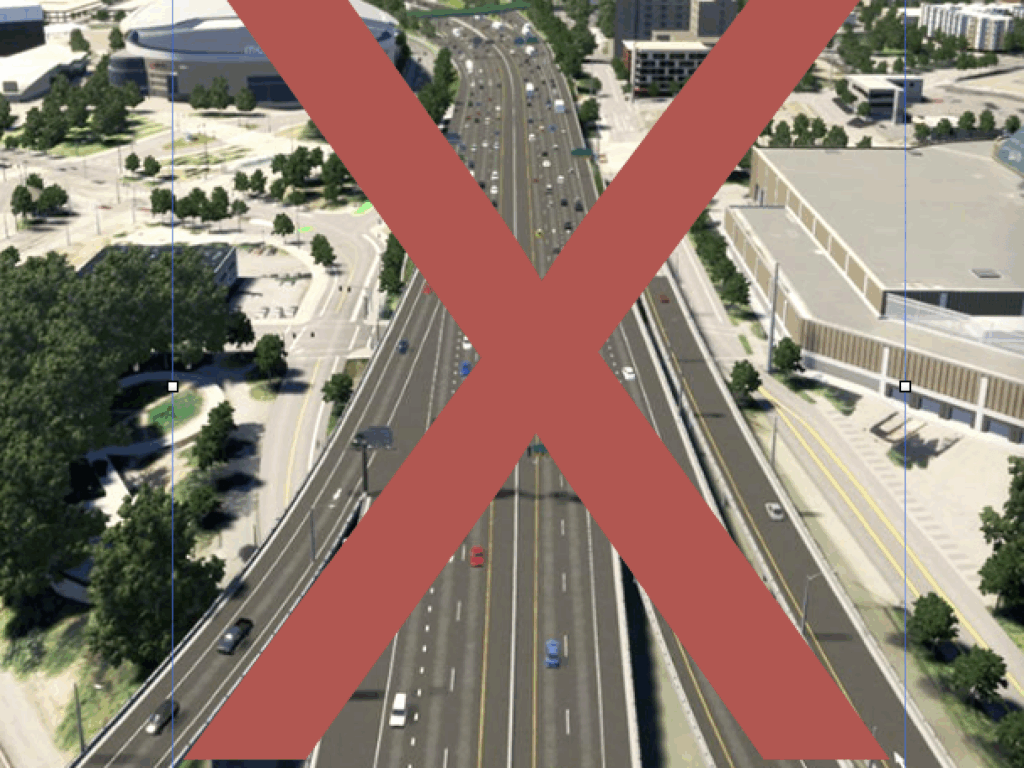We’re delighted to announce that Daniel Kay Hertz is joining City Observatory as our new Senior Fellow. Its likely that if you’ve been following the discussions on a wide range of urban issues in the past year or so, you’ve become familiar with his views on his own blog City Notes, and in a range of social media forums and even the editorial pages of the Washington Post. Daniel’s finishing up his graduate studies at the University of Chicago’s Harris School of Public Policy, but is already contributing to City Observatory. Let me pass the microphone to Daniel so he can tell you why he’s here.
There’s a joke that became famous – in certain circles, at least – because David Foster Wallace included it in his widely-read commencement address at Kenyon College a decade ago. A simple version of the joke goes: There are two fish. One fish says to the other fish: “Hey, how’s the water?” The second fish says: “What the hell is water?”
The point, of course, is that most of our environment – the systems, rules, and physical objects that determine the shape of our lives – is, from our perspective, so all-encompassing as to be invisible.
For most Americans, cities (which I’m using here in the “built-up area” sense, including suburbs) are our water. The kinds of homes and streets that predominate in our neighborhoods determine whether we walk, ride a bus, or drive to work – which, in turn, determines whether our monthly transportation budget is $25, $100, or $500. The geography of our city’s social networks determines who our friends and neighbors are, what kind of job openings we’ll hear about, and where we would consider moving. The economic relationship of our neighborhoods to the rest of the metropolitan area – and to the rest of the country, and the world – determines what kinds of jobs are available to us, how much they will pay, and how long our commutes will be. Our cities’ political architecture determines, to a large extent, the quality of our children’s schools, how much we trust the police, and whether we bother to vote.
Of course, it’s not news to most people that where you live matters. But the particular ways in which cities and neighborhoods create opportunity – or, conversely, reproduce inequality – remain mostly vague and up for debate. How much, and in what directions, we can or should use public policy and private initiative to push them towards opportunity and equality – and for whom – is even less settled.
The beauty of cities, for me, is that they contain so much. In a meaningful way, they are life for most people in 21st century America. (I’ll leave it to some hiker in Denver to tell me about all that I’m missing beyond the last subdivision.) Friendship, history, the arts, the thrilling awe of modern feats of engineering and the comfort of the familiar in your home: all of these are, for most people, particularly urban phenomena.
But what makes an organization like City Observatory so necessary right now is the urgency of hashing out what role cities play – and what role they should play – in a country facing profound civic and economic challenges. The abstract racial and class fault lines that go a long way towards defining our lives don’t just physically rearrange our neighborhoods; our neighborhoods can also rearrange them, for good or bad. A changing climate has important implications for how we live in cities, but the reverse is also true.
Which is why I’m very excited to be a small part of the conversation towards solutions on both of those fronts, and more, here at City Observatory. If you’re interested, some of my previous writing – and a little more about my previous experiences – is at my personal website. Soon I’ll have more up here, though, and I’m looking forward to it.

